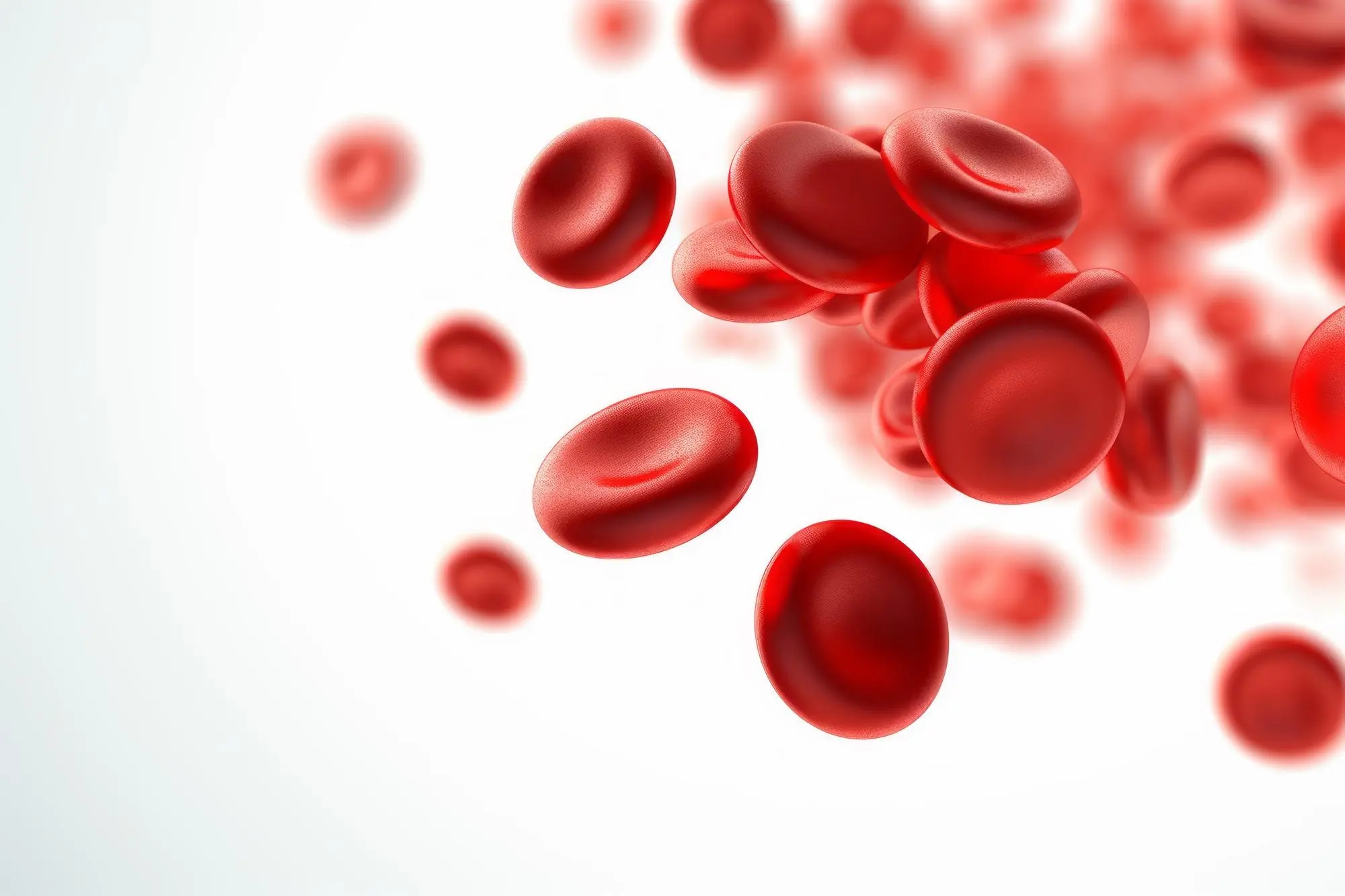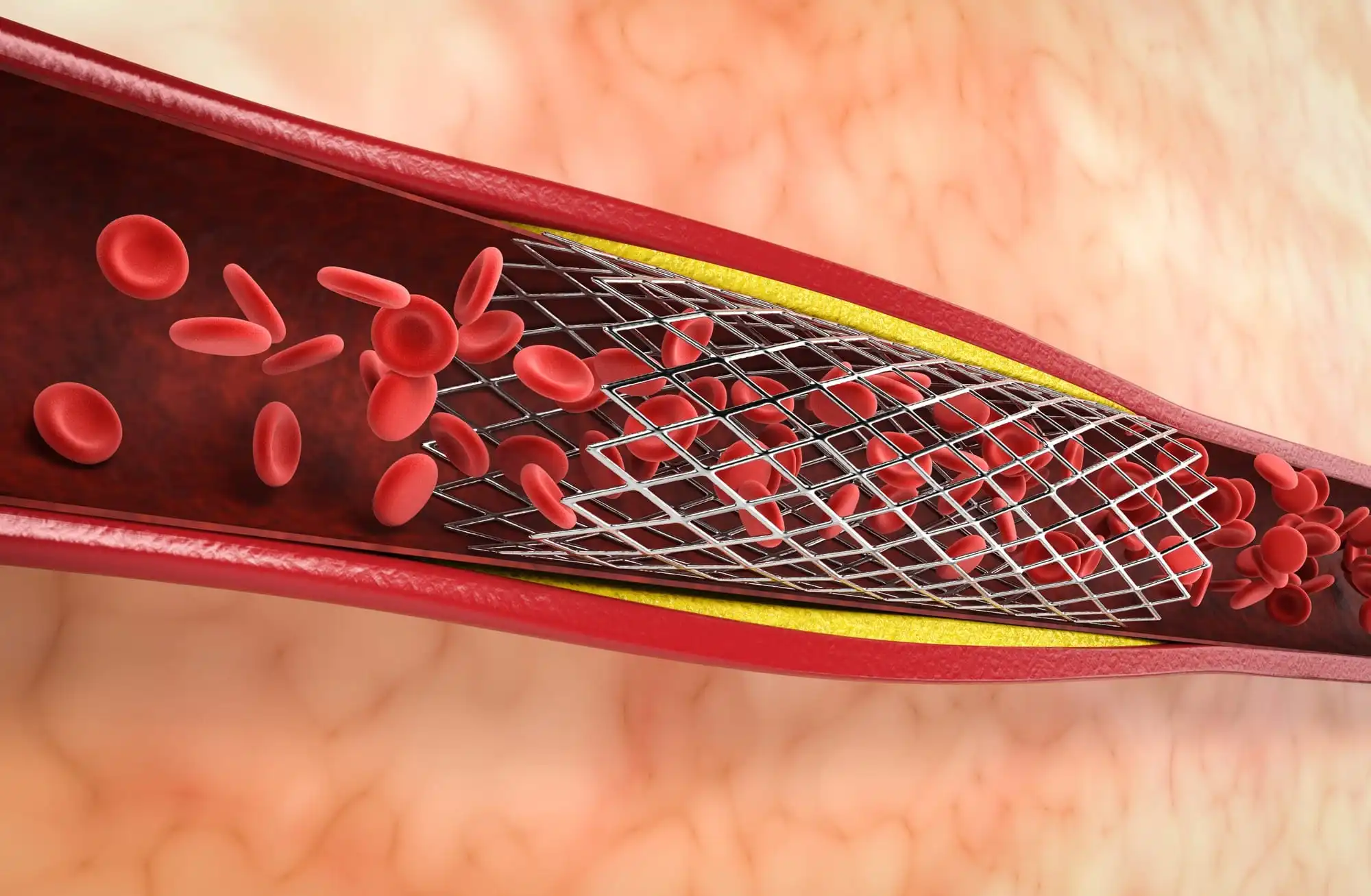When it comes to safeguarding your child from life-threatening diseases, vaccination emerges as one of the most effective measures. By stimulating the immune system, vaccines trigger the production of antibodies that combat specific viruses and bacteria. Extensive research has demonstrated the safety and efficacy of vaccines in preventing a wide array of illnesses, ranging from measles to polio to hepatitis B. For newborn babies, who are more susceptible to infections, vaccination becomes even more crucial.
In India, newborn baby vaccination holds significant importance within public health initiatives. The government has taken proactive measures to ensure that all newborns receive the recommended vaccinations. Through routine immunization programs, outreach activities, and awareness campaigns, efforts are made to prioritize the health and well-being of every child.
Additionally, advancements in medical technology have introduced painless vaccination methods, minimizing discomfort for infants during the vaccination process. These painless vaccination techniques not only prioritize the comfort of your child but also reinforce the importance of timely immunization.
Role of Vaccinations
During their early years, children are particularly vulnerable to infections and diseases due to their still-developing immune system. The immune system serves as the body’s defence mechanism against infection-causing microorganisms, known as pathogens.
While the immune system’s primary role is to protect the body by combating pathogens, some pathogens can overpower it, resulting in illness. Typically, it is the pathogens that go unrecognized by the body that pose the greatest problems.
Vaccination plays a crucial role in helping the immune system identify harmful organisms and learn how to effectively eliminate them. By receiving vaccine shots, children’s bodies become prepared to fight off pathogens when they attack, providing them with immunization against various illnesses. This proactive approach empowers their immune system to recognize and mount a strong defence against potential threats, ensuring the overall well-being and health of your child.
Importance of Vaccinations for Newborn Babies
- Stronger Immune System/Immunity The immune system serves as the body's natural defence mechanism against diseases. However, in the case of babies or newborns, their immune systems are not fully developed, leaving them vulnerable to deadly diseases. Vaccination plays a crucial role in bolstering the immune system and fostering stronger immunity.
- Reduce The Risk Of Infection Vaccination plays a vital role in reducing the risk of infection by safeguarding against disease-causing bacteria and viruses. Additionally, it aids in the development of immunity within the body, enabling a stronger defence against potential diseases when exposed to them.
- Prevent The Spread Of Disease Vaccination plays a crucial role in safeguarding both individuals and the wider community by preventing the spread of diseases. It not only protects the vaccinated individual but also reduces the likelihood of the disease spreading to others. This aspect becomes particularly significant for babies and young children who are more susceptible to severe illnesses and complications arising from such diseases. By ensuring a higher rate of vaccination within a population, the chances of communicable diseases spreading are significantly reduced. As a result, vaccines contribute to the creation of a safer environment where the transmission of diseases is minimized, benefiting the overall health and well-being of the community.
- Protects From Deadly And Life-Threatening Diseases Vaccines play an important role in protecting individuals against severe and potentially life-threatening diseases like polio, measles, diphtheria, and whooping cough. Through vaccination, we can effectively prevent the spread and occurrence of these illnesses. The impact of vaccines goes beyond individual health, as they are estimated to save two to three million lives annually worldwide.
- Prevents Cancer HPV, short for human papillomavirus, is a prevalent virus that increases the risk of developing specific types of cancer. Fortunately, there is a vaccine available to protect against HPV infection and the associated cancers. These include cervical, vaginal, and vulvar cancer in women, penile cancer in men, as well as anal and throat cancers in both genders. Experts recommend getting the HPV vaccine for girls and boys around the age of 11 or 12.
By following the recommended vaccination schedule advised by healthcare professionals, newborn babies and children can develop the best and strongest immune system. Vaccines stimulate the immune response, enabling the body to build defences against potential infections from life-threatening diseases. Through vaccination, the risk of infection is significantly reduced, ensuring the overall health and well-being of newborns and children. It is an essential step in providing them with the necessary protection and safeguarding them from serious illnesses.
This staggering statistic highlights the immense significance of widespread vaccination in preventing unnecessary deaths and easing the burden of these diseases on society. Vaccination programs greatly contribute to public health by creating a protective barrier against these dangerous illnesses and promoting overall well-being on a global level.
Side Effects of Vaccines
The extensive research and rigorous trials behind the development of vaccines ensure that the chances of severe side effects are exceedingly rare.
However, it is common to experience mild side effects after vaccination, such as pain and slight swelling at the injection site, or a temporary rise in temperature for a few days. Specific vaccines, like the DPT vaccine, may cause mild sore throat, low-grade fever, and cough.
Occasionally, there may also be soreness and redness at the injection site. Overall, the occurrence of significant adverse effects due to vaccines is highly unlikely, while any mild side effects are typically temporary and manageable.
Managing Side Effects of Vaccines
Typically, the side effects associated with vaccines are transient and subside within a few days. It is advisable to consult with your pediatrician to determine whether the medication can be administered for low-grade fevers and whether they recommend applying a cold or hot press at the injection site.
The management of vaccine-related symptoms can vary depending on the specific vaccine received. It is important to gather accurate information about the potential side effects associated with each vaccine to ensure proper understanding and appropriate symptom management. Seeking guidance from healthcare professionals will help ensure the well-being and comfort of the individual receiving the vaccine.
Final Thoughts
Safeguarding the health and well-being of your precious newborn is of utmost importance, and vaccination plays a pivotal role in achieving that. By immunizing your baby against life-threatening diseases, you provide them with a shield against severe illnesses that can have long-lasting consequences or even prove fatal. Thankfully, with the remarkable progress in medical science, an array of vaccines are now readily available to safeguard your little ones from ailments such as measles, rubella, polio, and more.
As a responsible and caring parent, it is imperative to ensure your baby receives vaccinations in a timely manner, adhering to the recommended schedule advised by your trusted healthcare provider. Remember, prevention is always superior to cure, and by taking the necessary steps to vaccinate your newborn, you are giving them the best possible start in life.
Store all your health records online with Health-e so that you can easily acess them when ever you need.





